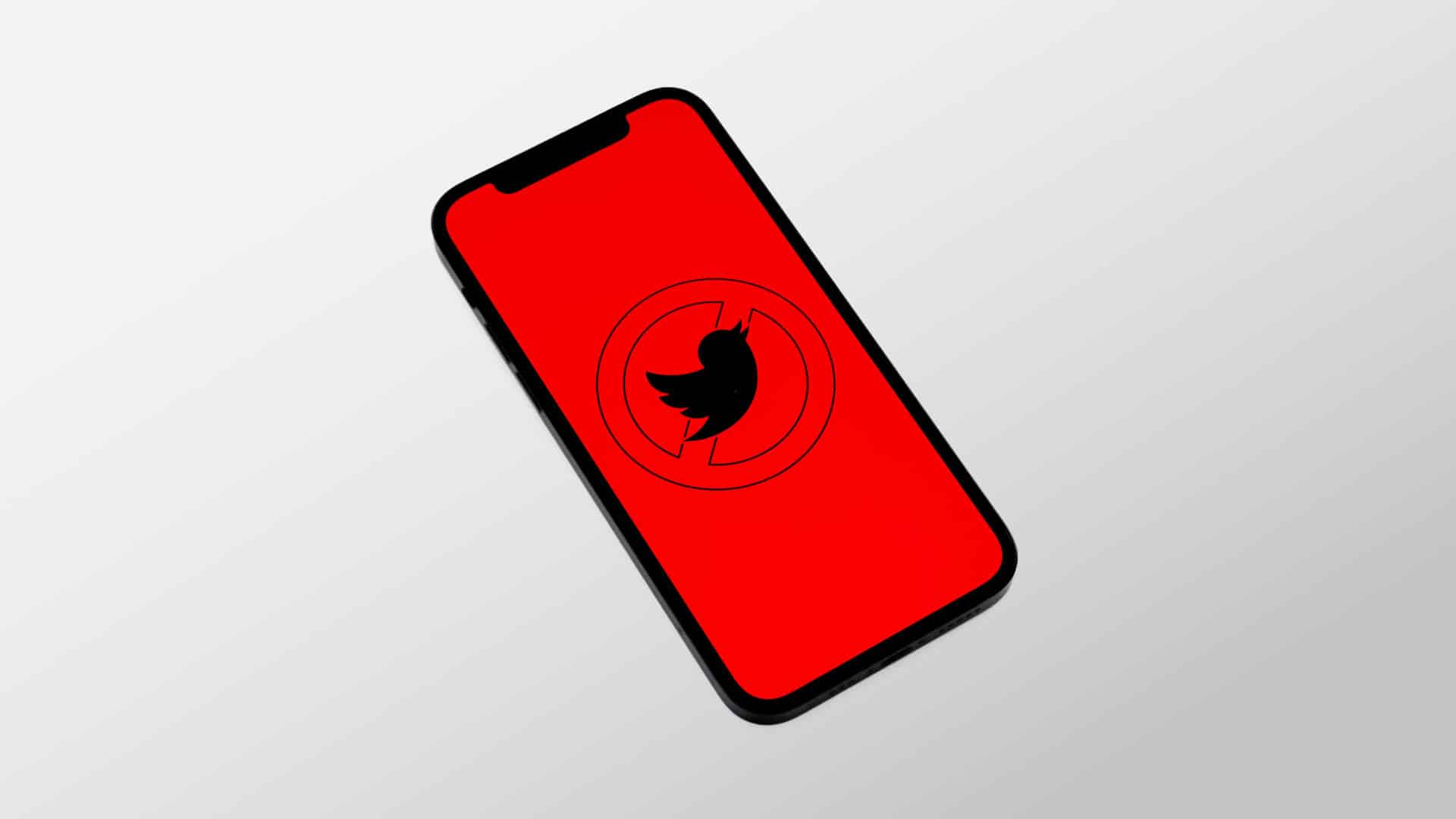Over the course of the last few years, I felt a strong pull toward deleting my Twitter account. On multiple occasions, I opened my settings and hovered my cursor over the ‘delete account’ option, but I never clicked. After all, there were good reasons for staying on Twitter. It was one of my main sources of breaking news, especially during the pandemic. I could keep up with my favorite writers’ and journalists’ news feeds. It pointed me to an endless number of interests and ideas. Most importantly, I thought, was that it helped me keep my digital finger on the pulse of the Church.
But in the last week of June, I hovered over that “delete account” option once more, and I clicked. For added measure, I did the same on Instagram and Facebook. It turns out that for me, there were more reasons to log off all my social media accounts for good. Since I know I’m not the only one taking such (seemingly) drastic measures, I’ll break my discernment down into three parts to help others who are considering clicking the delete option.
Actually Keeping in Touch with Loved Ones
First, I want to do a better job of keeping in touch with family and friends. Now, that may seem counter-intuitive. If I want to keep in touch with family and friends better, why would I get rid of a service that allows me to see the posts, pictures, and videos those friends and family put out into the digital world? Ultimately, I think it’s because social media doesn’t allow me to truly keep in touch with my loved ones. Rather, I’ve come to the conclusion that it creates the illusion of being in touch with them.
“Keeping in touch” means more than just seeing what the other person is doing on any given day. Just because I see that my married friends, Justin and Kristi, post a picture of their newborn son doesn’t mean that I know how they’re doing with the sleepless nights of parenting a baby. Those posts don’t help me share the joy and struggles my friends experience in raising their baby boy. I want to hear from them directly when their boy sounds his first words or takes his first steps. I’d like to be there to support them with more than a click when they’ve had a tough day. Only a phone call, video chat, or best of all, an actual visit in person can really cultivate this sort of presence in my friends’ lives.
Personal relationships are only cultivated in direct contact with the other. Near the end of the fourth week of St. Ignatius’s Spiritual Exercises, he writes, “…love consists in a mutual sharing of goods…the lover gives and shares with the beloved what he possesses, or something of that which he has or is able to give; and vice versa, the beloved shares with the lover.”
Social media can only ever supplement these relationships—it can’t be the main source of connection. Rather, social media creates a sort of vague association with others, which may even be a source of affection. But I don’t believe vague love for others really propels us to seek their good, because love means having “faces and names” written on our hearts. In fact, the kind of general affection social media fosters may even be a kind of poison, as Dostoyevski writes in The Brothers Karamazov, “The more I love humanity in general the less I love man in particular.” I think this is because that general love Dosteyevski refers to is not held together by personal relationships as much as it is by a shared ideology. And when ideology becomes the dominant means of connection between people, it quickly becomes idolatry.
A Meeting Place or a Battlefield?
Twitter, as anyone who has spent 15 minutes on the platform would know, is the breeding ground of ideology-turned-idolatry, and it comes from all directions. That’s the second reason I’m logging off for good: social media—Twitter especially—operates simply as a battleground of differing ideologies. Of course, we need public forums where ideas are debated and discussed, where the truth of one’s claims can be measured against facts. A space where people can voice different opinions without receiving hateful or even violent responses from others. But that’s not Twitter.
It’s rare for reasonable dialogue between people who disagree to take place on Twitter. Trolls live under every bridge on which people try to really come together in their differences. For me, the well is just too poisoned to continue trying to draw out of it anything of use. In the course of my discernment about my use of social media, I realized it was rare that I ever got off Twitter feeling better about the state of the world and about people in general. In the terms of Ignatian Spirituality, social media left me in a state of desolation more often than not. And unfortunately, I think that experience is built into the algorithm itself.
There are a few things that keep our attention best, but anger may be the most effective of all. I know I felt the fire of anger stir up in me when I read one hottake or another, and it kept me scrolling the feed. I wanted to feel that anger—I even delighted when others shared in the same. And social media provides endless sources of doom-scrolling and rageposting. The combination of virtual anonymity and disembodied engagement provides users the freedom to post their worst thoughts and feelings about any given particular issue.
This isn’t a new phenomena— public figures have long dealt in hate mail. But the difference is that social media provides a streamlined service to user’s walls and direct messaging inboxes to deliver their hatred. We created a monster in social media, and I no longer want to feed the beast. So I logged off.
Signing off for good has opened up my day. I’ve had to battle back the urge to click over to Twitter in my free moments, but altogether it’s been successful. There are things I miss: seeing what writers, authors, athletes and public personas are posting. And then there is the issue of having a finger on the pulse of the Church. This brings me to my third reason for signing off. The problem for me was that social media often led me to the conclusion that it was the pulse of a dismembered and dying Church. My day to day experience, however, tells me that’s not true.
The true pulse of the Church
I work as a chaplain at a prison in Belize. And going into the prison day in and day out has taught me a couple things. First, there is real darkness in the world. The lives of the men and boys I work with are filled with trauma and violence, sometimes endured by these individuals and sometimes inflicted by them. It’s a hard thing to get close to. But it’s been the source of the second thing I’ve learned at the prison: there is an undeniable and inexhaustible hunger for God’s love, grace and mercy. I feel it when I’m at the prison, I hear it in these men’s voices, and I see it in the way they pray. This is the Church. It is battered and bruised, yes, but it is alive. That’s the pulse I want to keep my awareness on. It’s the one I’m called to nourish and strengthen. But what does this have to do with my use of social media?
The fact is that, for me, social media removed me from my attention to the local Church. The one that is right in front of me and showing itself to me in the faces of the men I encounter in my ministry. Removing social media from my life removed a means to anesthetize myself to the Body of Christ at Belize Central Prison. But I don’t think this is applicable only to my current location. Anywhere I find myself, the Church is there, blessed and broken in the lives of women and men, boys and girls. This doesn’t mean I stop paying attention to what’s happening on a global scale, but it does mean I start paying more attention to what’s happening in my neighborhood, town, or city. It means, first and foremost, paying attention to the living, breathing people we’re physically close to.
For many people, to do the above won’t require them to sign off social media for good. And that’s good! My intention is not necessarily to convince people to delete their social media. After all, some may only be reading this because it was posted on Twitter, Instagram, or Facebook. But I do hope readers pay attention to how social media impacts their lives, especially their hearts. For me, it was too often a source of despair and desolation. So much so that the best option was to delete it altogether. In doing so, I freed my attention to actually reach out to my friends more by removing myself from trying to keep up with the latest ideological battle. That freedom helps me pay more attention to the local Church which I serve. And deleting social media may do the same for others.
Now, if I could only close up that Youtube rabbit hole I keep getting sucked into.


